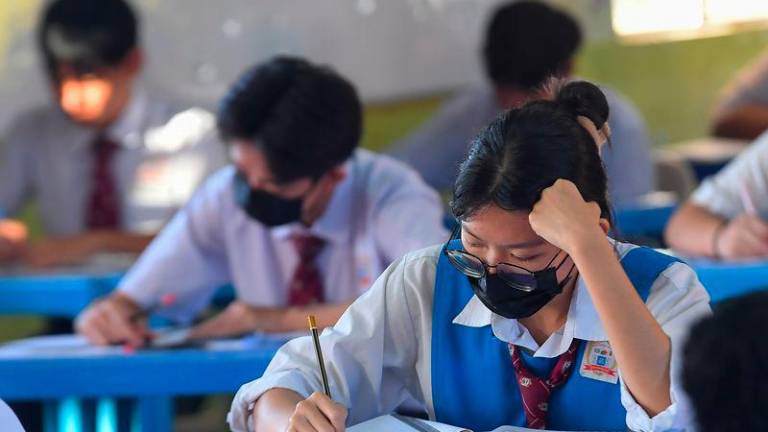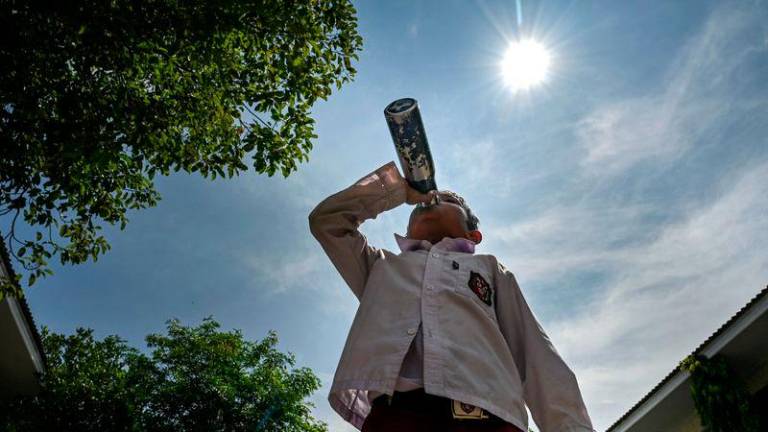BANGI: The Entrepreneur Development and Cooperatives Ministry (Kuskop) has agreed to extend the 13 per cent reduced contribution rate of cooperatives in the Statutory Reserve Fund (KWRS) to Nov 30, 2025.
Its minister, Datuk Ewon Benedick (pix), said the initiative, taken through the Cooperatives Commission of Malaysia (SKM), was to increase the cooperative’s disposable income potential for business activities by having excess cash liquidity amounting to almost RM20 million.
The reduced rate from 15 per cent was supposed to end on Dec 31 this year.
“The Ministry is aware of the difficulty of cooperatives to recover in the post-COVID-19 period. Hopefully, this reduction in the KWRS rate can provide relief to cooperatives to recover and restore their business and experience better growth.
“This rate will return to the original rate gradually according to SKM’s decision later,“ he told a press conference after the launch of the Malaysian Cooperative Policy 2030 (DaKoM 2030) and the Profile of Malaysia’s 100 Best Cooperatives 2023 here today.
Ewon said that DaKoM 2030 will guide the direction of the cooperative movement through four core policies and 20 strategies as a catalyst for the cooperative sector’s revenue target of RM60 billion in 2025 and RM100 billion in 2030.
The four main thrusts of the policy are to transform cooperative support towards the development of a more holistic and conducive ecosystem, increase understanding and appreciation of cooperative principles, increase the capacity and capability of cooperatives and drive the cooperative sector as the main socio-economic development vehicle.
He said until last year, 15,315 cooperatives had been registered with a membership of 7.31 million people involving accumulated shares of RM16.98 billion while accumulated assets amounted to RM159.61 billion.
“However, until now the involvement of youth and low-income groups in cooperatives is relatively low because of a lack of interest besides cooperatives not considered to be a main economic activity for them.
“So the ministry proposes that the IPR (People’s Income Initiative) programme be expanded to the cooperative movement with special allocation incentives given to youth groups, the B40 and vulnerable groups to generate income through various cooperative economic activities such as the agrofood sector, services (tourism, kiosks, laundry and maintenance ) and so on,“ he said. -Bernama










